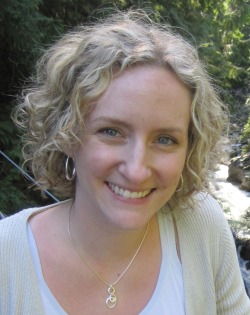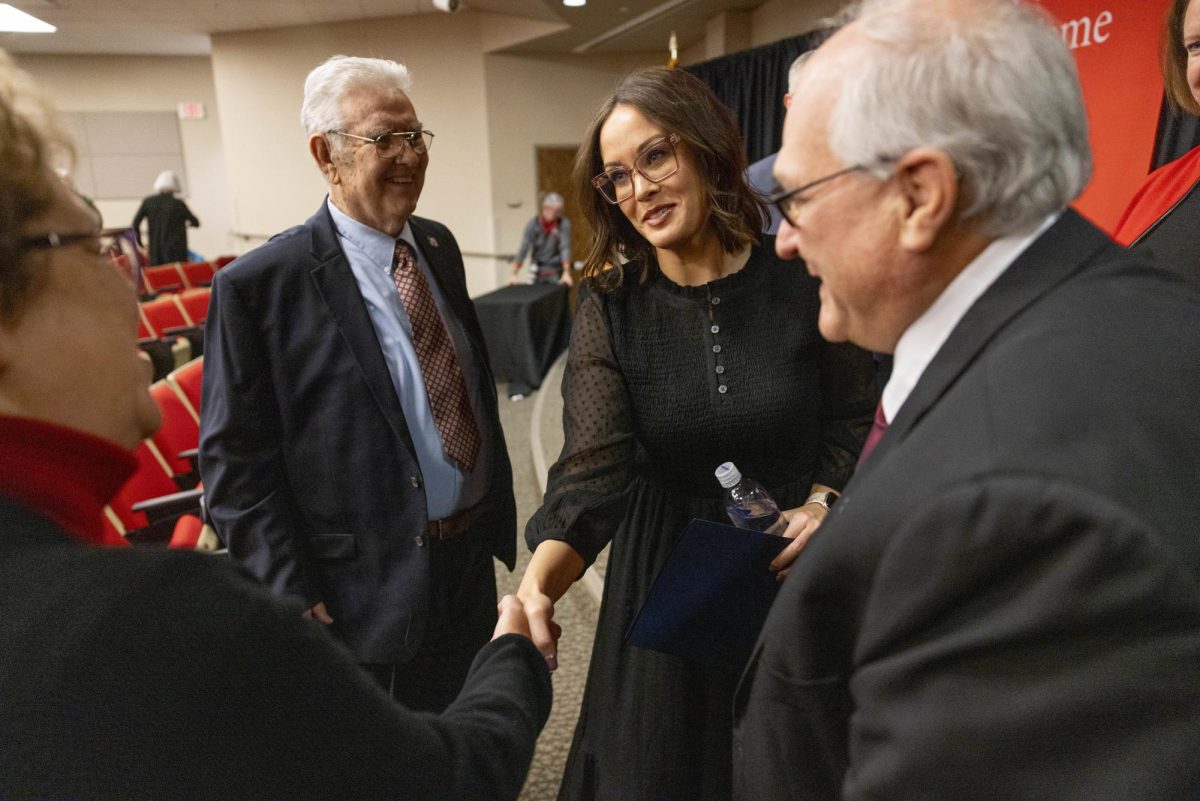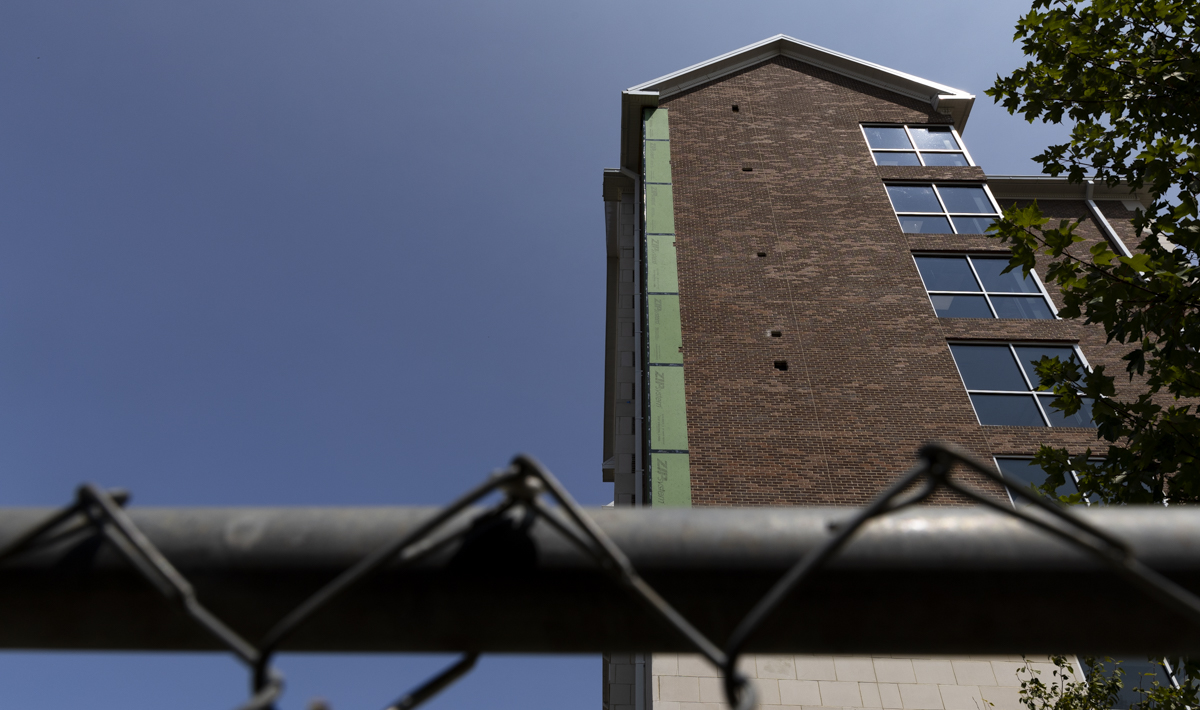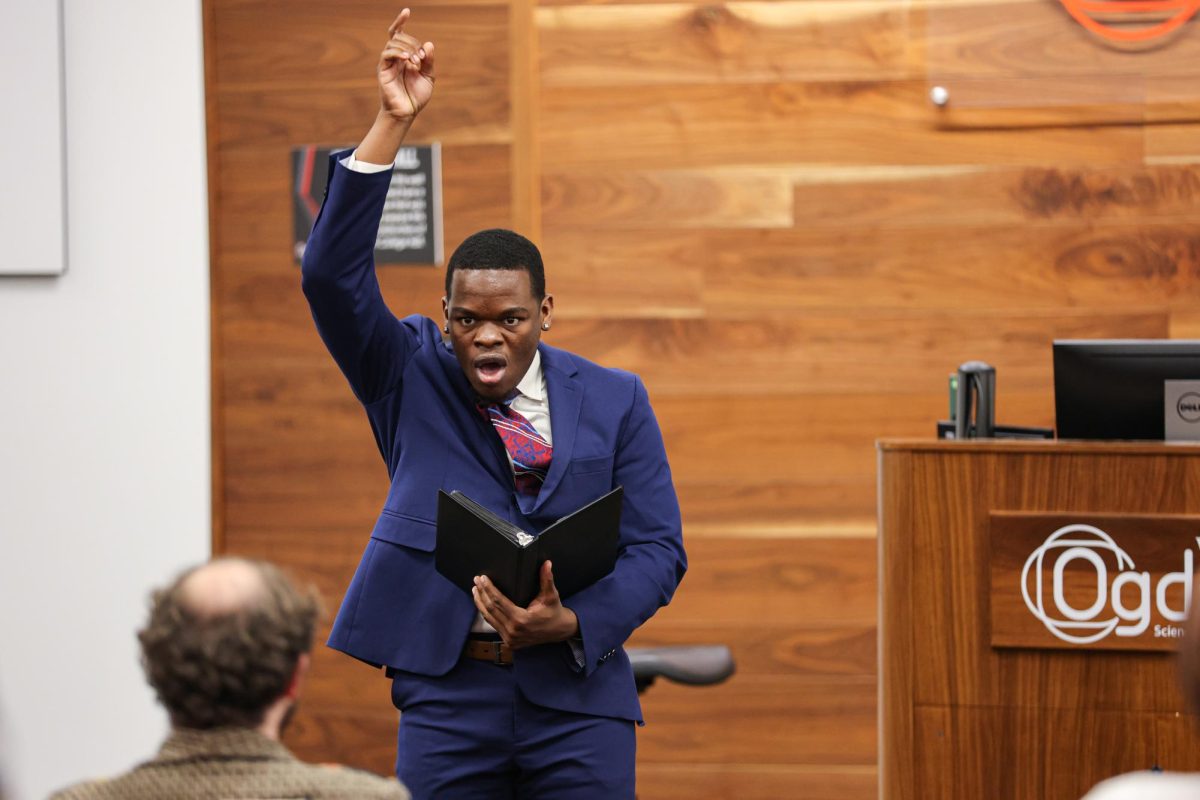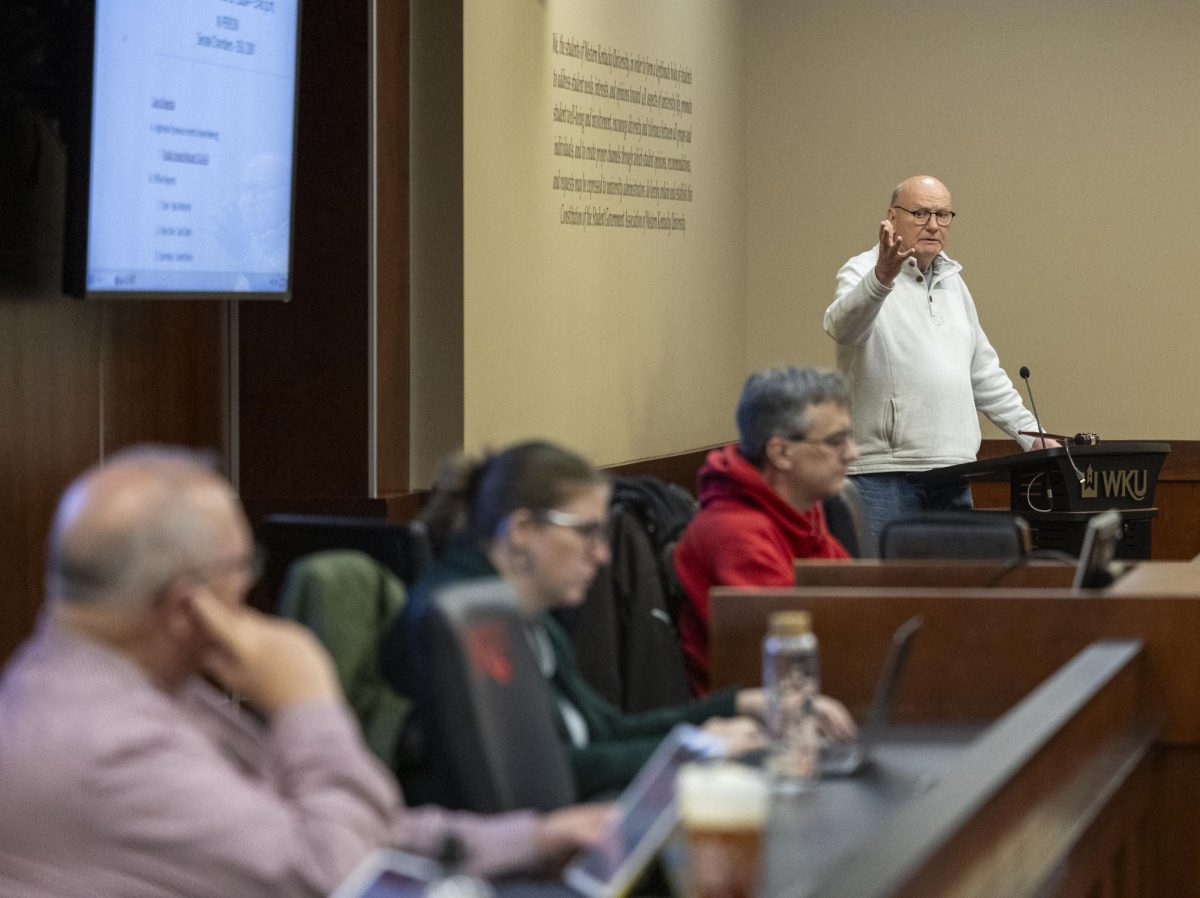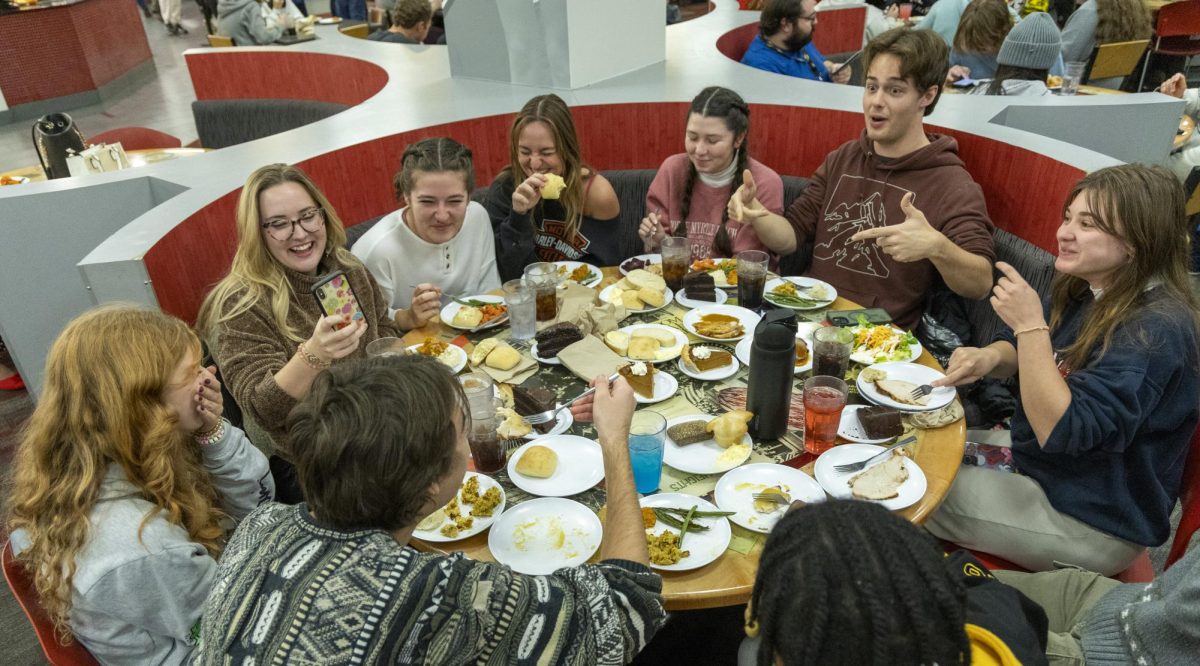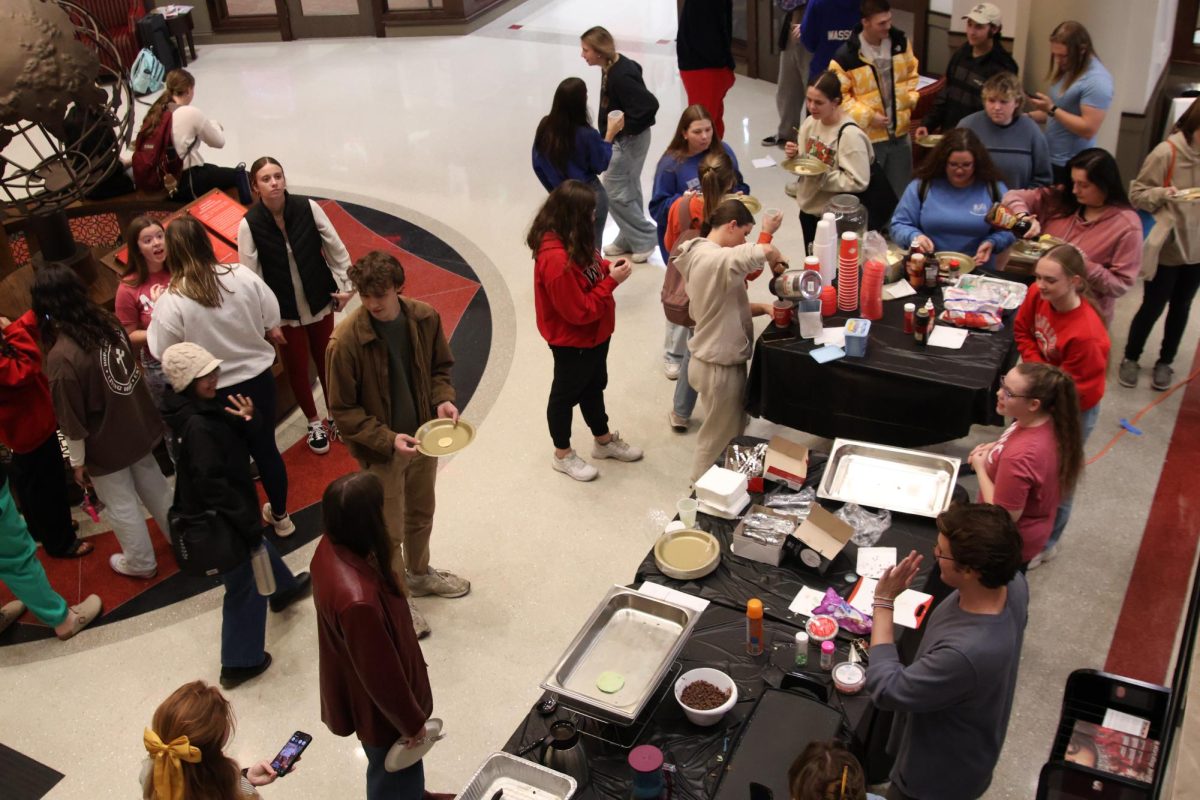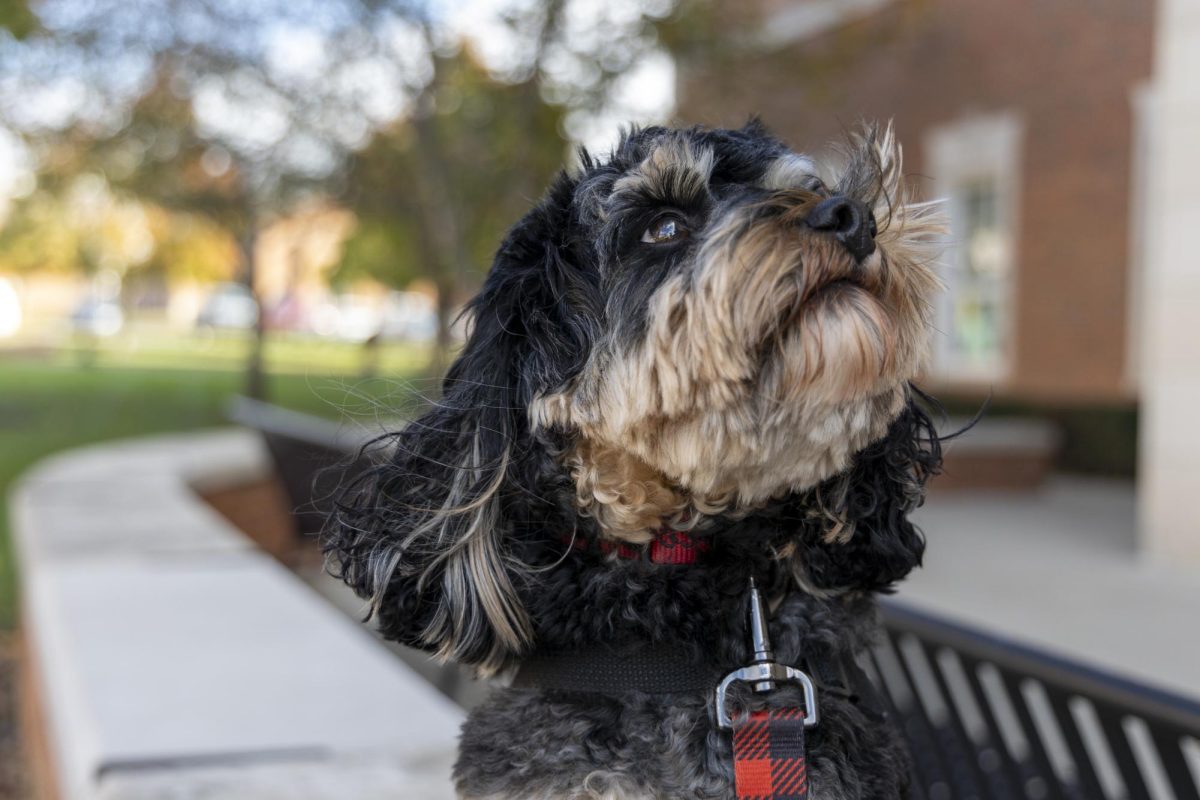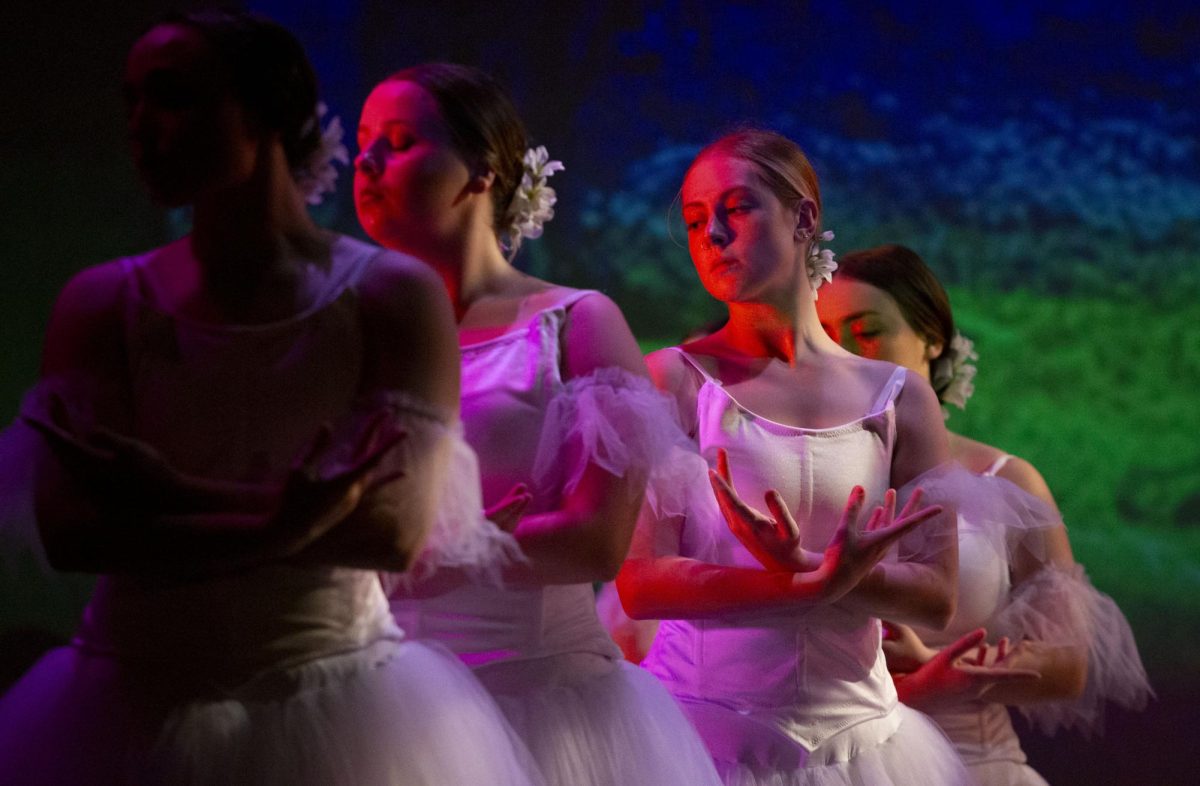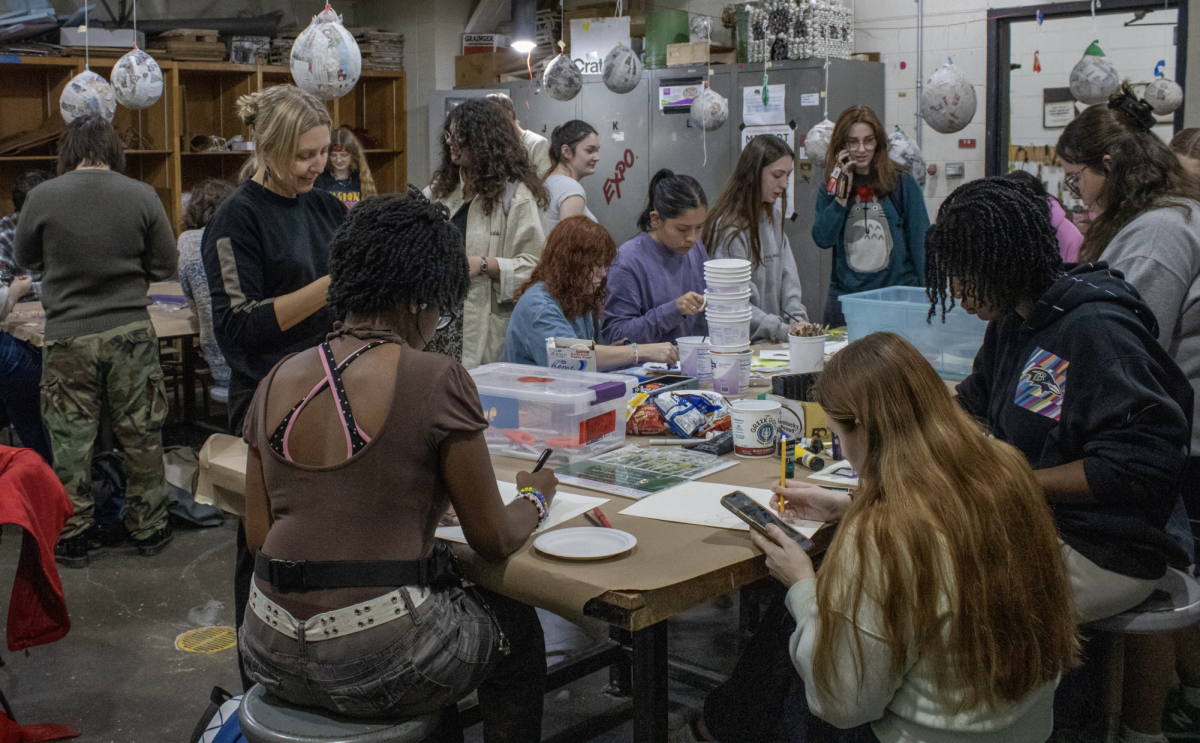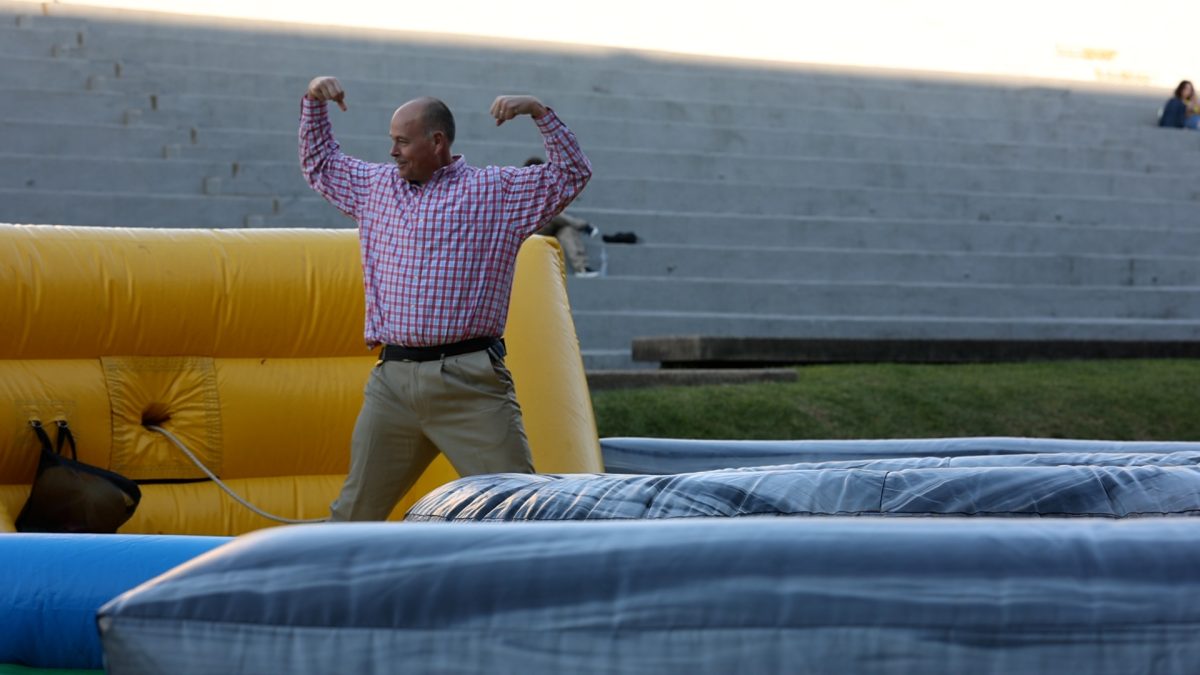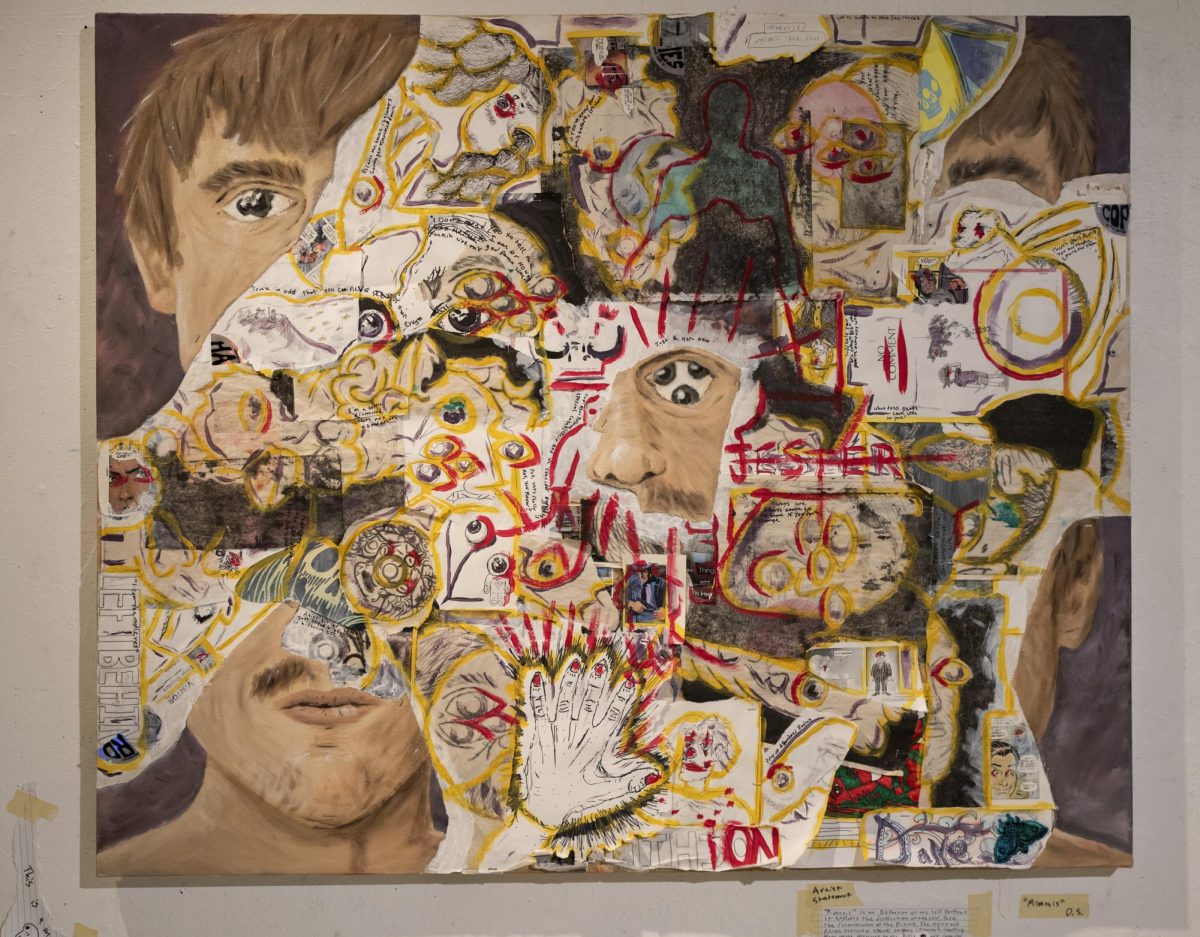Amy Brausch, a WKU psychological sciences professor, recently received a $418,000 research grant renewal from the National Institute of Health to continue her work on suicidal ideation persistence in adolescents.
Brausch broadly defined suicidal ideation as having thoughts about suicide, which can show in many different ways – from wanting to go to sleep and wishing you never woke up to having detailed thoughts and plans of suicide. For college students specifically, she stated that the percentage of young adults experiencing suicidal thoughts was around 25%.
In her current project, “Cognitive and Contextual Factors in Suicide Ideation Persistence in Adolescents,” one of the main components is involving students in the research. Brausch has not only graduate students helping with the project but undergraduate students as well. They prepare materials, go to different high schools, meet with students and give them a variety of research surveys and tasks that help in data collection.
Brausch explained that the students involved in her research often pursue smaller independent projects, which they can present at national conferences for psychology, suicide prevention and other fields. She went on to praise her students and describe more of their work in her project.
“I think that a lot of the students who work with me are very passionate about suicide prevention and they want to go on and have a career that involves that,” Brausch said. “So I think this project helps train the next generation of professionals who are going to be advocates for mental health and suicide prevention.”
Her current project is set to span three years and began this August. After working in the field for at least twenty years, Brausch has no plans to stop her research anytime soon.
When asked who was most supportive and influential in her journey, Brausch couldn’t accredit her success to just a few people, stating she has colleagues worldwide who are passionate about the field.
“We’re all doing such interesting, important work,” Braucsh said. “I think we all learn from each other and support each other. So it’s just a really nice group of people to work with. I think it comes down to, like, everyone’s really invested in saving lives.”

